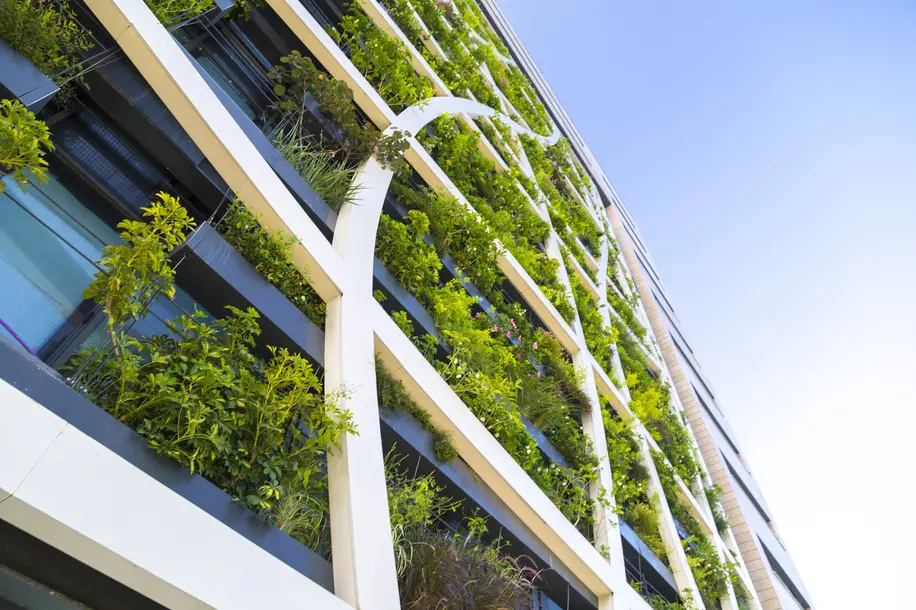EIB and MDBs Team To Accelerate the Circular Economy Transition

During the World Circular Economy Forum (WCEF) 2023 in Helsinki, environment focussed directors from the leading Multilateral Development Banks met to discuss the topic of the circular economy for the first time.
The African Development Bank, the European Bank for Reconstruction and Development, the European Investment Bank, the Inter-American Development Bank, IDB Invest, and the World Bank acknowledged the importance of the circular economy transition in combating the triple planetary crisis of climate change, biodiversity loss and pollution, and emphasised the key role the financial sector has in supporting countries’ transition to a circular economy.
The directors recognised the value of collaboration between the MDBs on the circular economy, and agreed that their institutions should continue to work together, including via the Circularity Exchange Network – a group initiated by Circle Economy and the Dutch Ministry of Infrastructure & Water Management that also consists of the Ellen MacArthur Foundation, UNEP-FI and the World Economic Forum. The Network enables the MDBs to exchange knowledge on the circular economy, as well as providing a platform to collaboratively work on standards, tools and products to facilitate circular activities and projects.
See related article: EIB Grants €75 Million to Support Sustainable Heating in Czechia
As outlined in the report “Unlocking the Potential of the International Financial Institutions in the Circular Economy Transition”, the future MDB collaboration will consider the following aims:
- Link circularity to key environmental objectives and in particular with the goals of the Paris Agreement.
- Improve and align impact assessment methods for circular economy investments
- Aim at increasing the share of high-impact circular projects in lending and investment practices.
- Build internal (MDBs) and external (project partners) capacity for utilising the circular economy as a strategy to achieve economic success and resilience in client countries.
- Develop mechanisms to de-risk investments in the circular economy and facilitate better access to blended finance through public-private collaboration.
Based on the above, the MDBs will continue to work with private sector and national agencies, to introduce circular economy approaches into their sustainable development activities.












